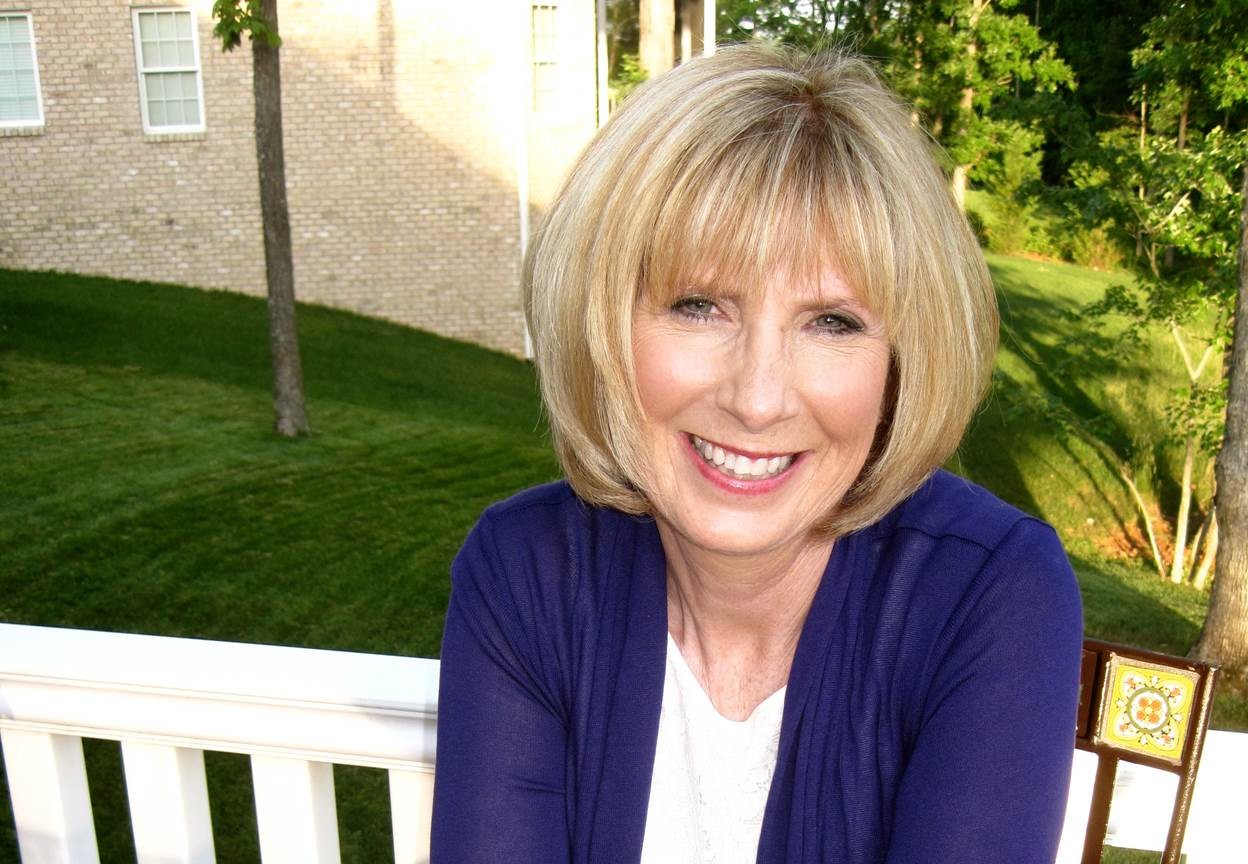Tyler misses his friends. He wants to be back at his school playground swinging on the monkey bars. He lives in a small high rise, far from a park and has no playmates since he is an only child.
Megan is bored in her room. While she texts her friends and does her school work online, she is increasingly annoyed by her two younger brothers who argue and fight in the house. Tensions are rising.
Parents all over the country wonder how this pandemic will impact their child’s mental health. Truth is we don’t know. We do know that long-term social isolation isn’t good for children (or adults for that matter). So, while we take safety precautions, we must also consider the impact of our actions on children.
When we asked children to tell us what has not been so good about being at home during the pandemic, most say they miss their friends. Some, who really like school, actually miss school. But the part they miss the most is seeing their friends every day. The constant theme is socialization. They want to be with each other!
While America wants to get back to work, kids want to get back to play. And before we dismiss their yearning for socializing as insignificant, consider the developmental issues at hand. Play and socializing are very important to healthy child development. Friends share, set boundaries, problem-solve and do creative things. When children play, they learn to read the cues of other people and develop their emotional intelligence. Furthermore, play facilitates cognitive development and social skills in children. Play with friends also helps children learn to develop relationships outside the family, a skill that will be of lifelong benefit.
Yes, adults can play with their children, but it is not the same. Adults tend to be less creative, more boring and impatient because we have other things to do.
Hopefully, this pause and slow-down will eventually give way to a better day when kids can once again run the neighborhood playing kick ball, join their neighborhood swim team or just skate with their friends. In the meantime, we use the technology to do the best we can. We find creative ways to show each other how much we care and miss them. And we cherish our families and all the other good things they give us.











